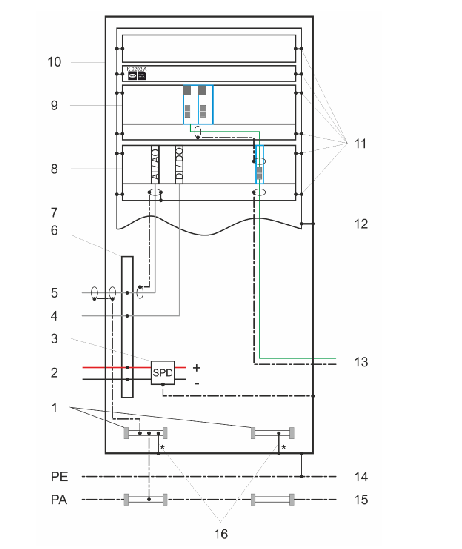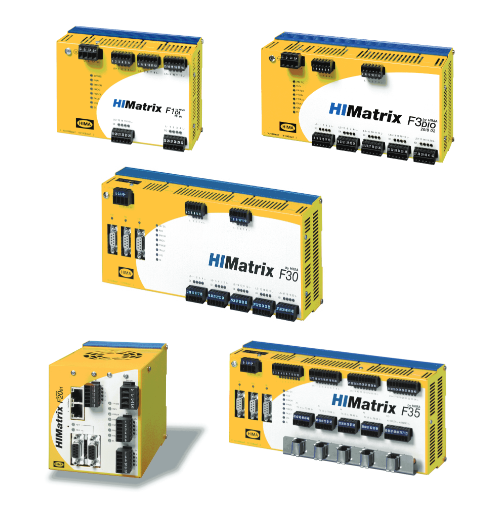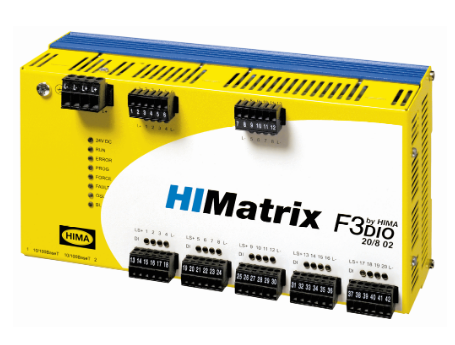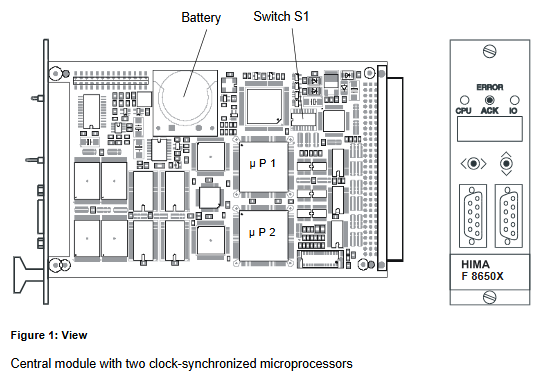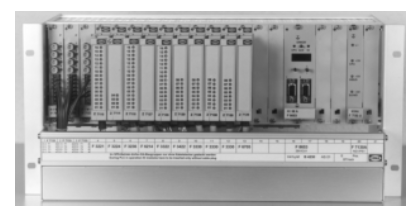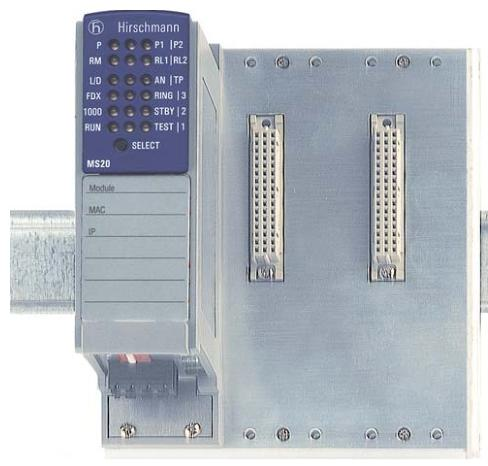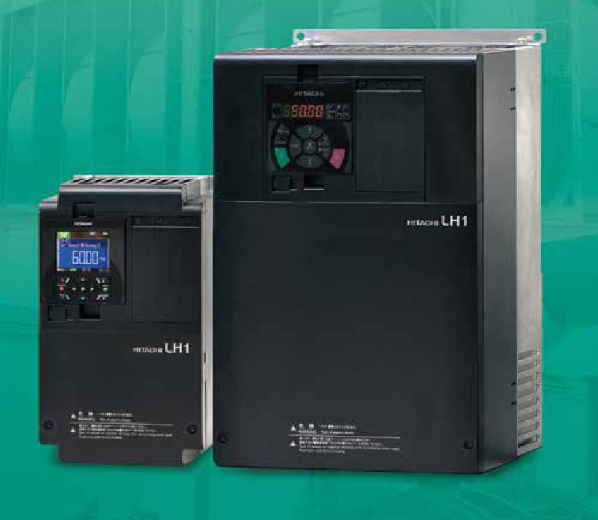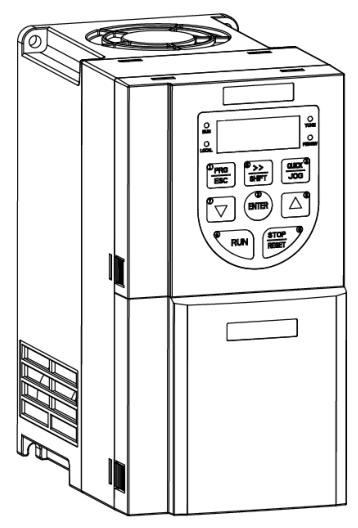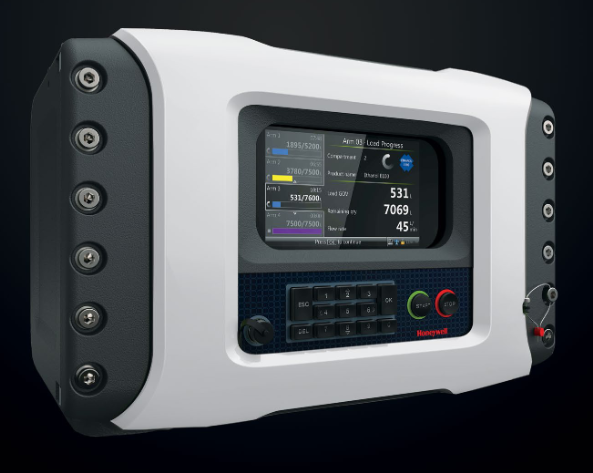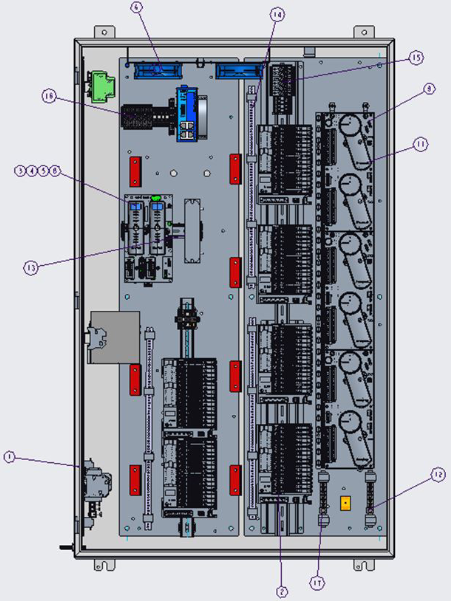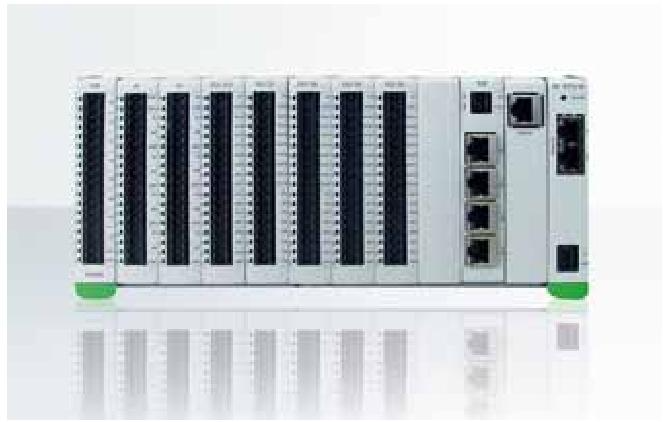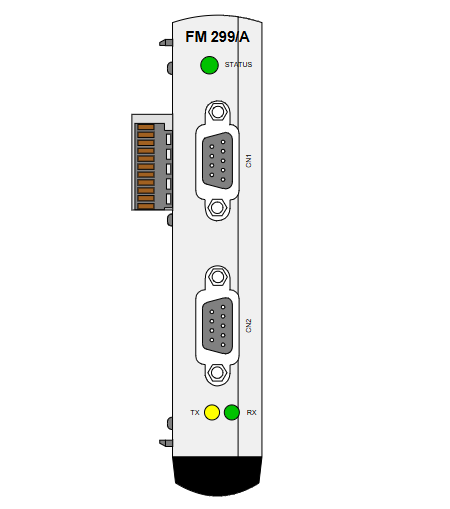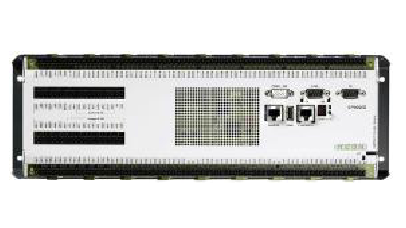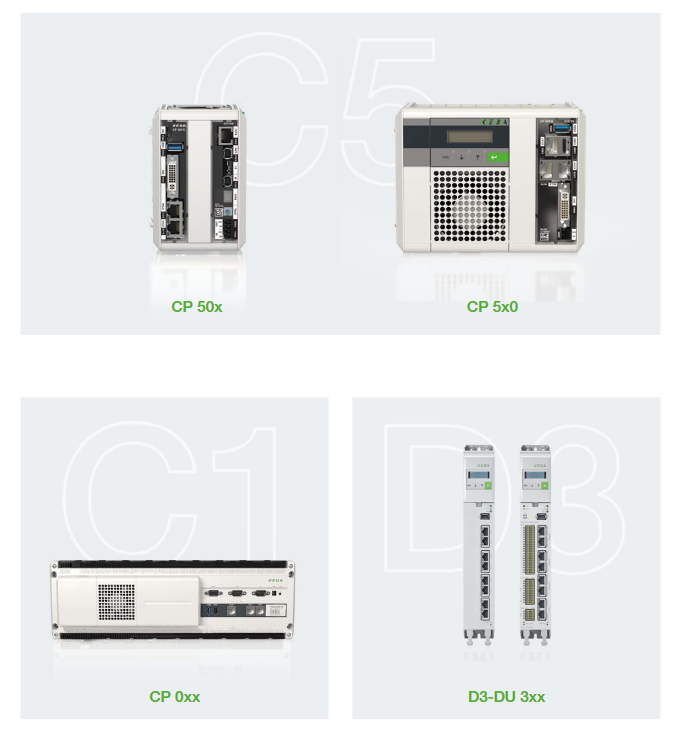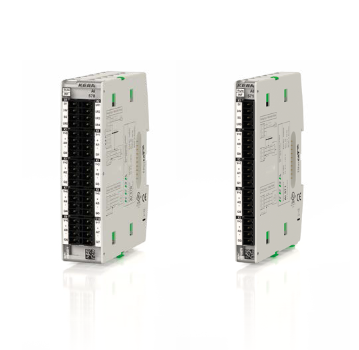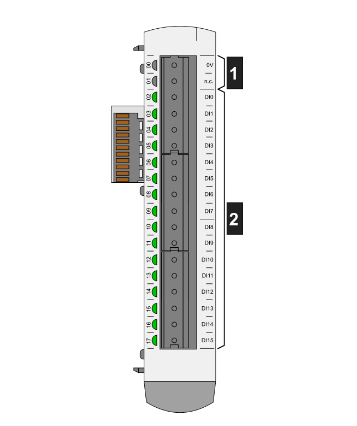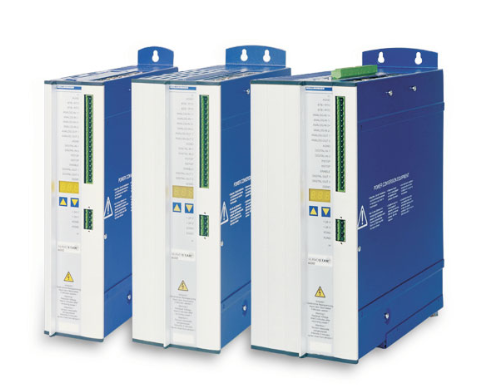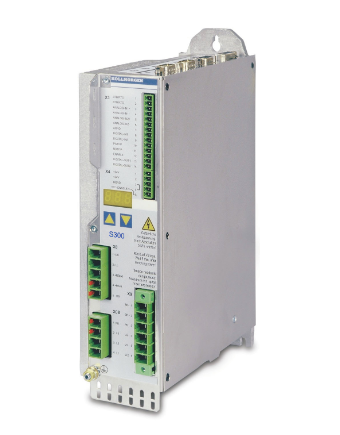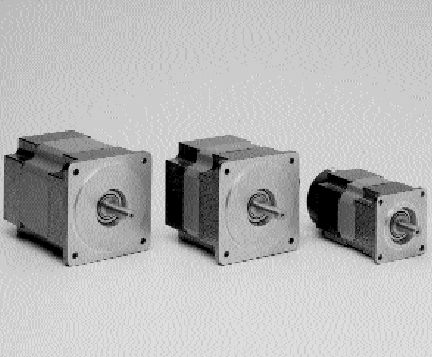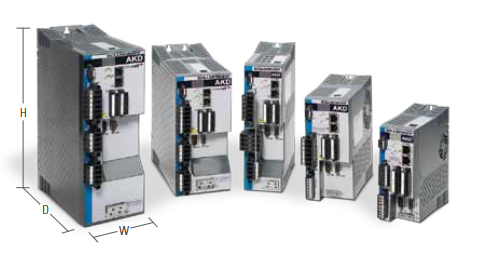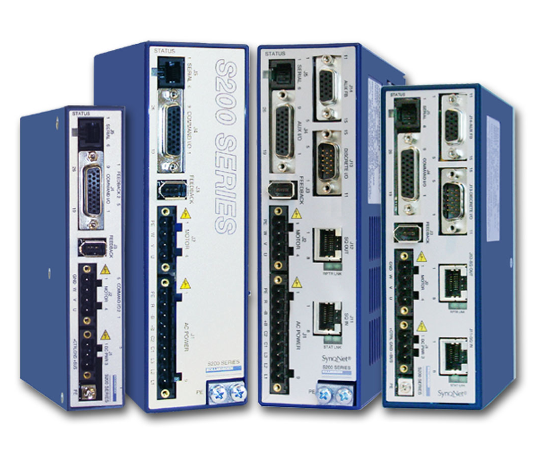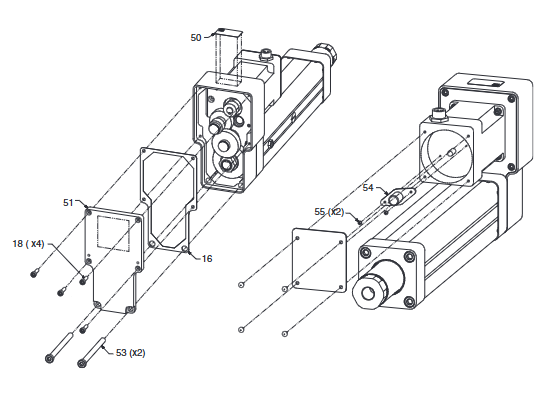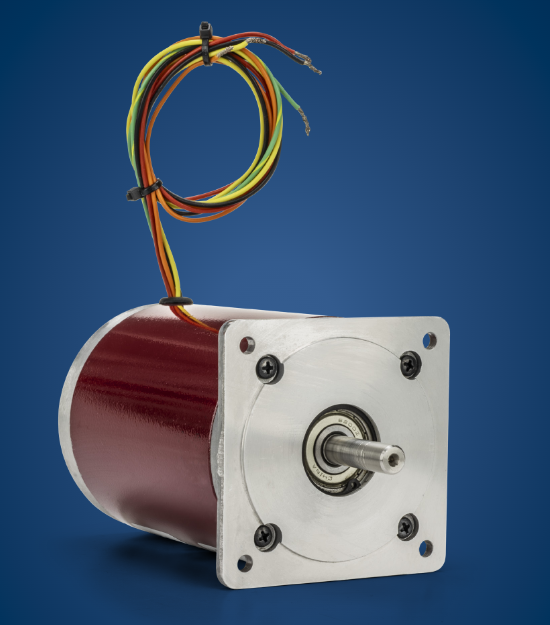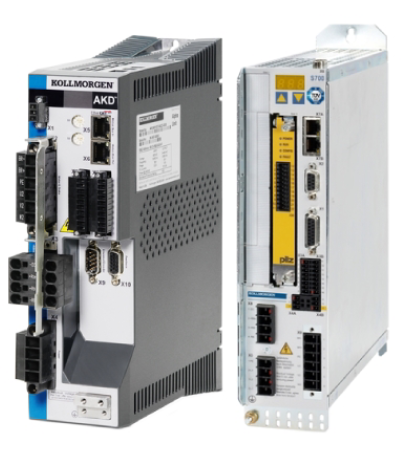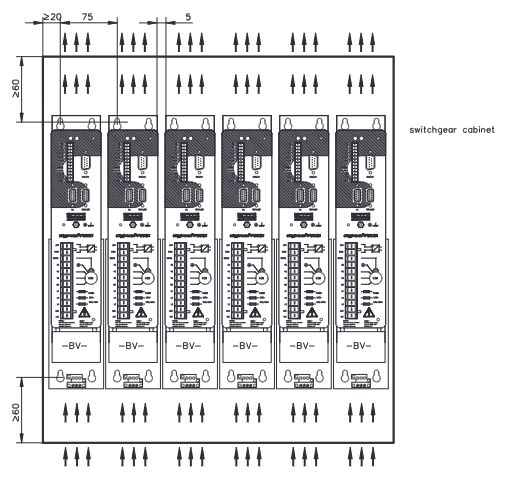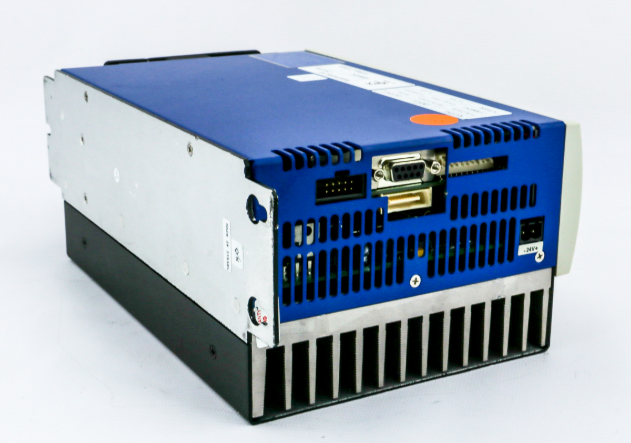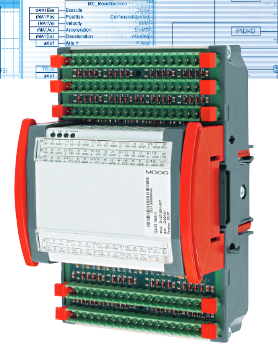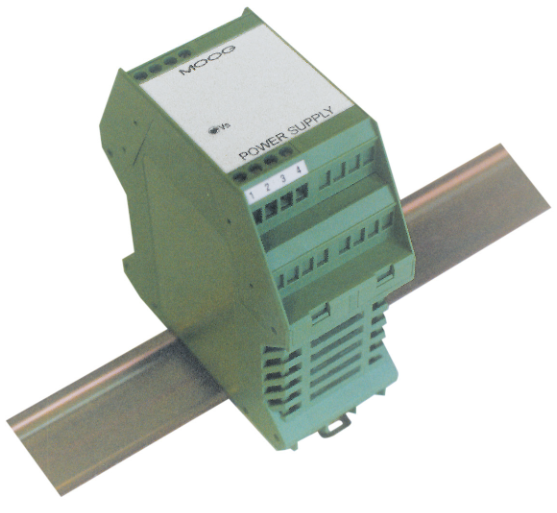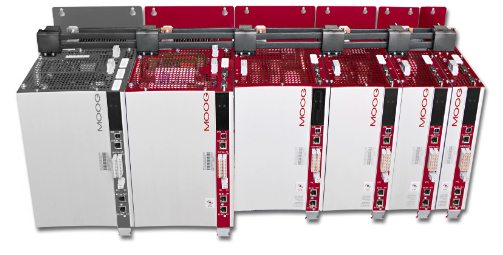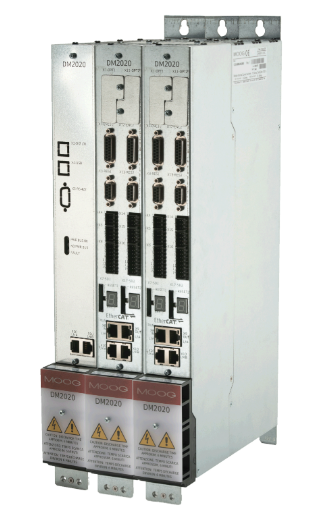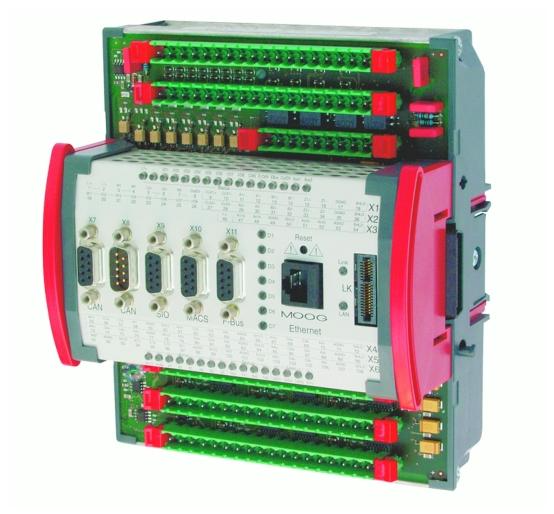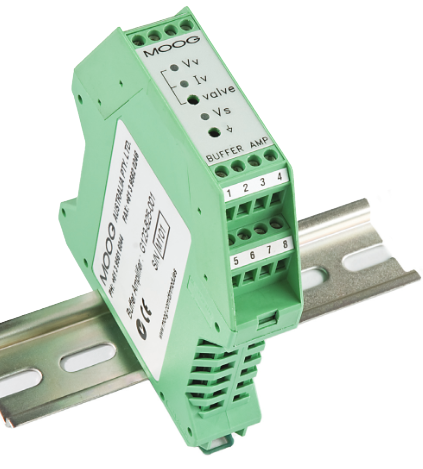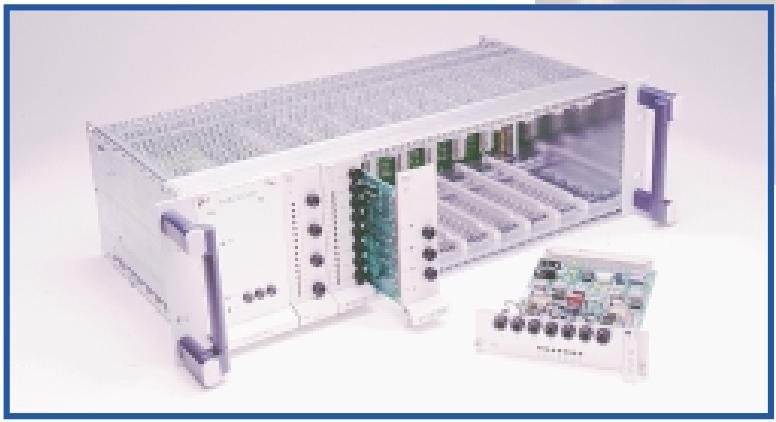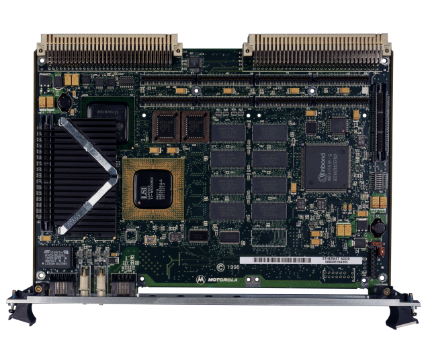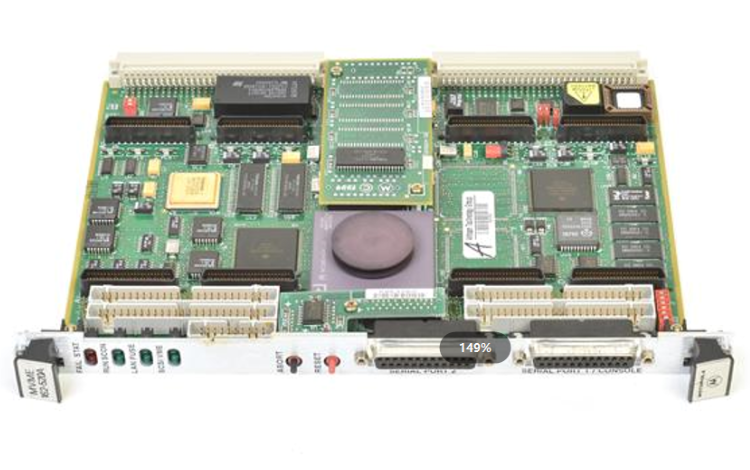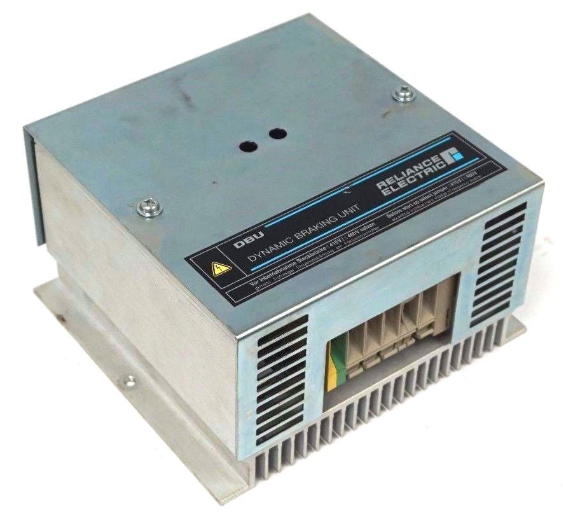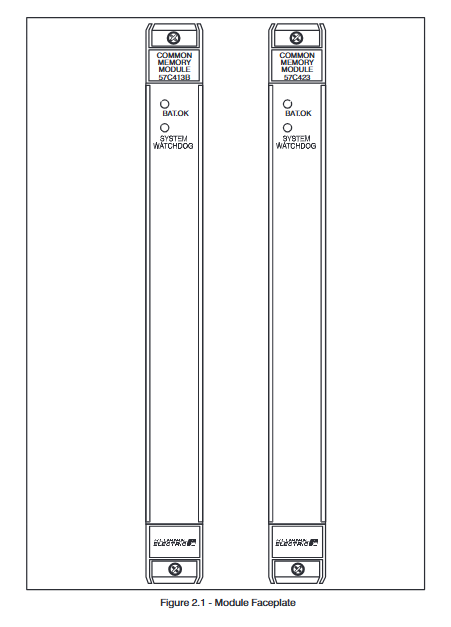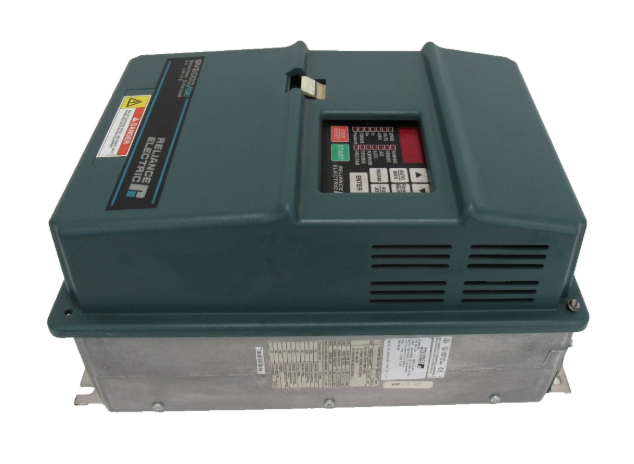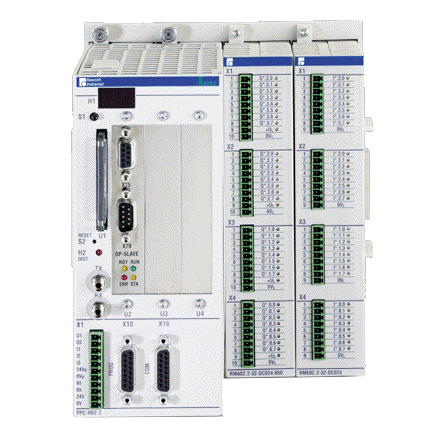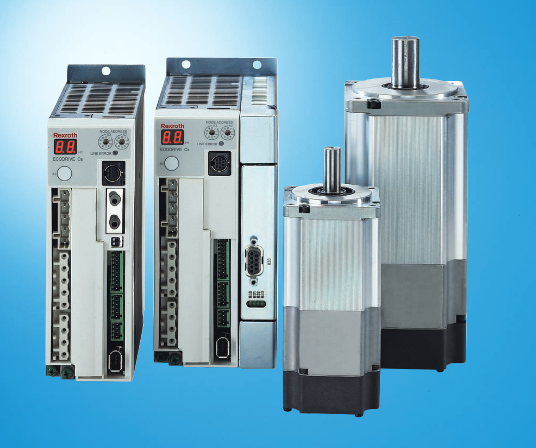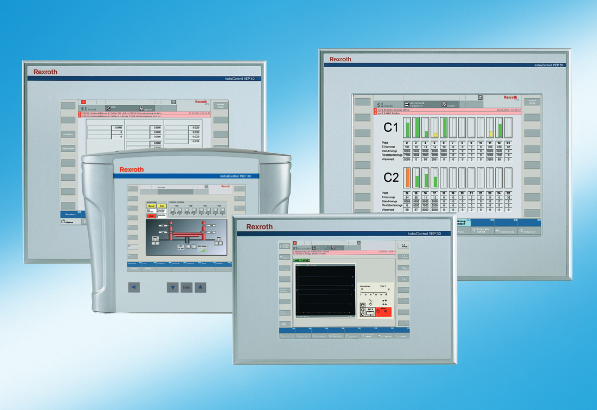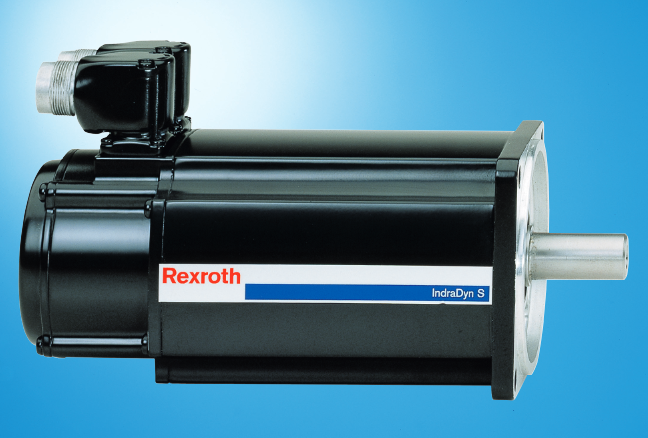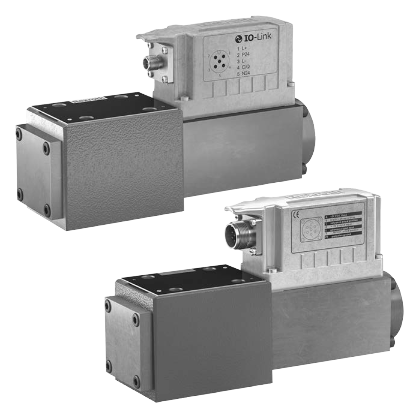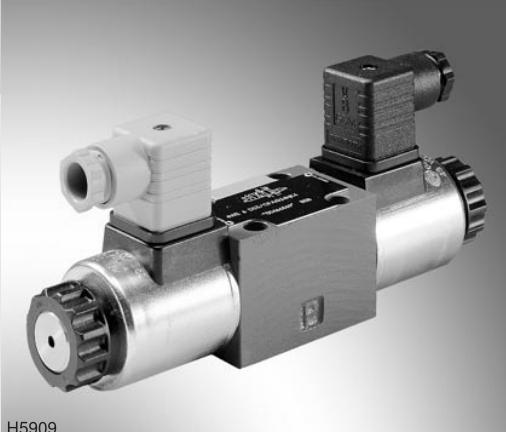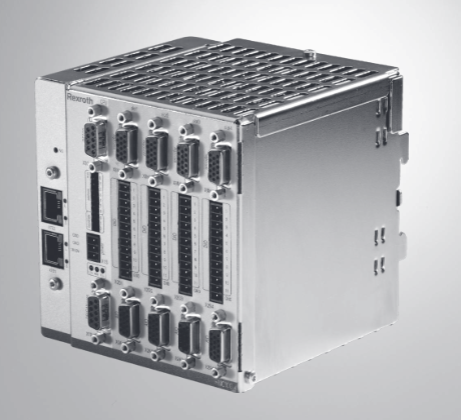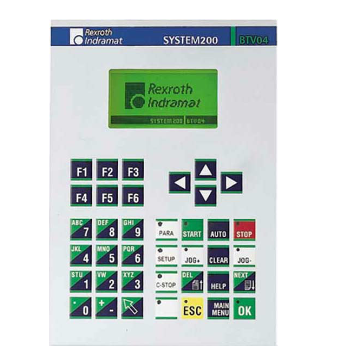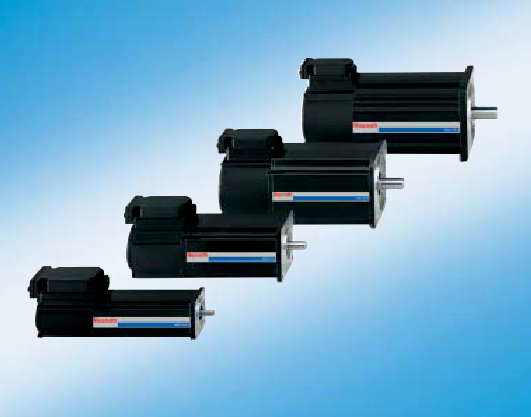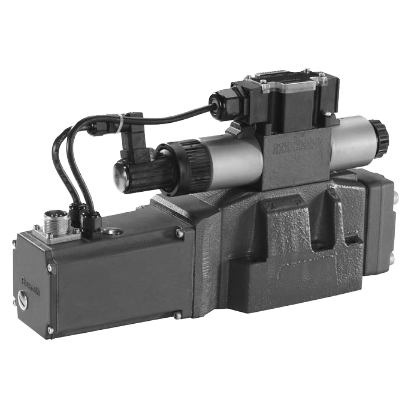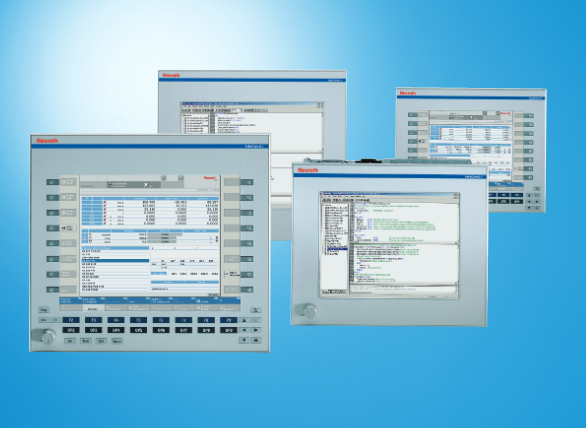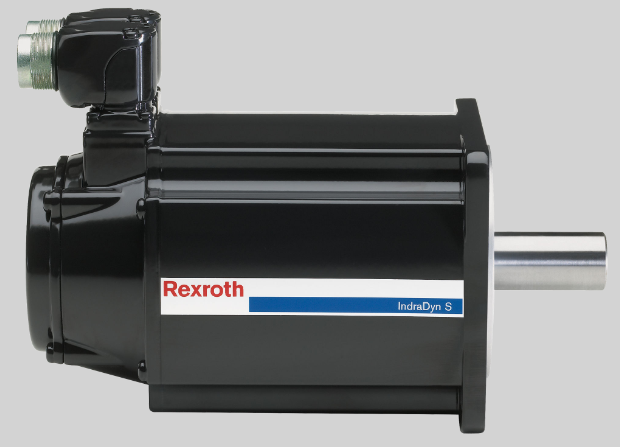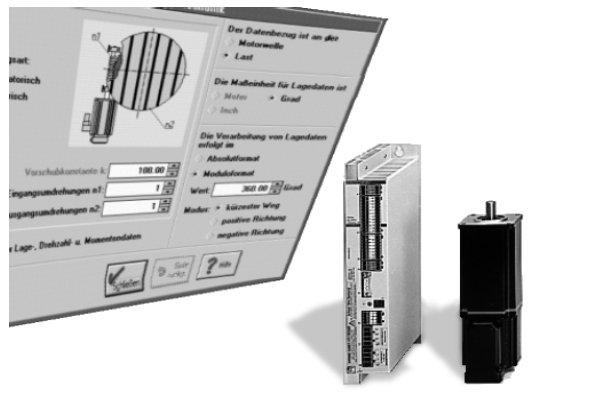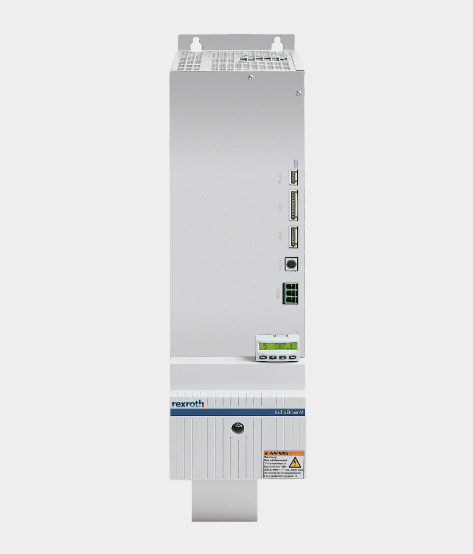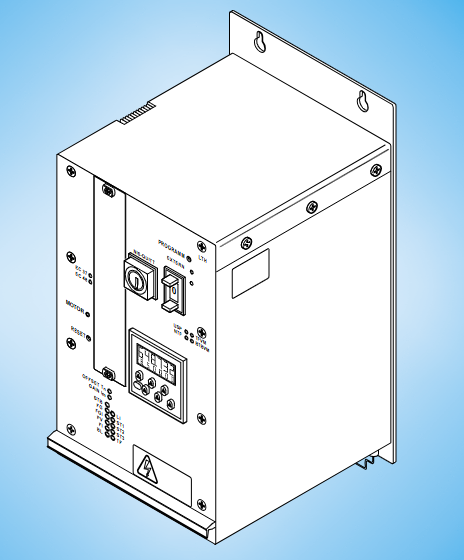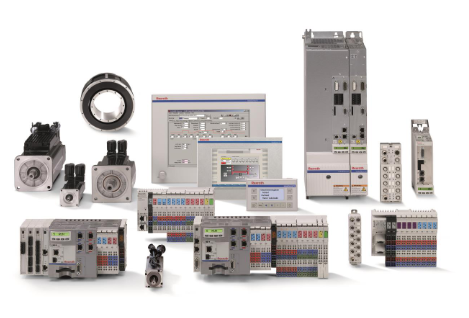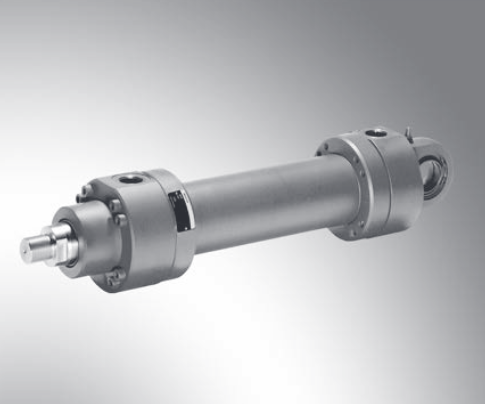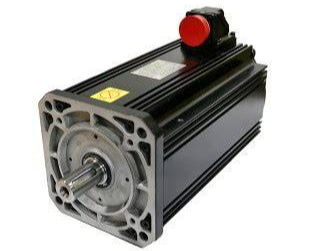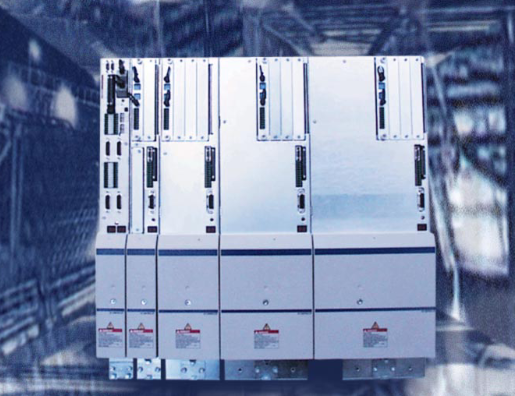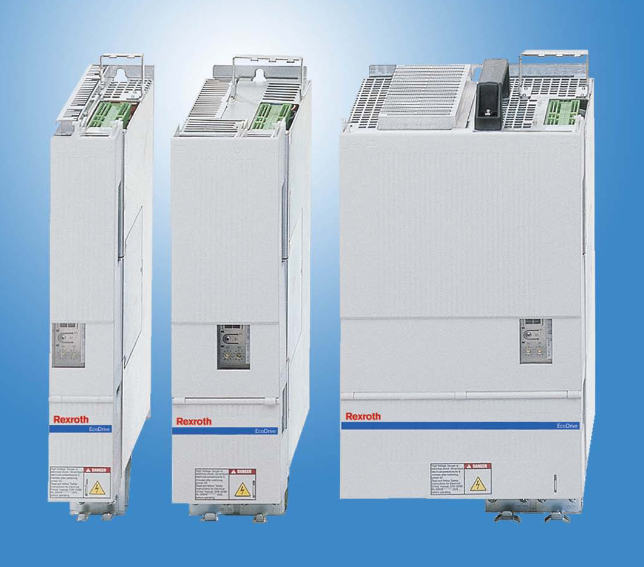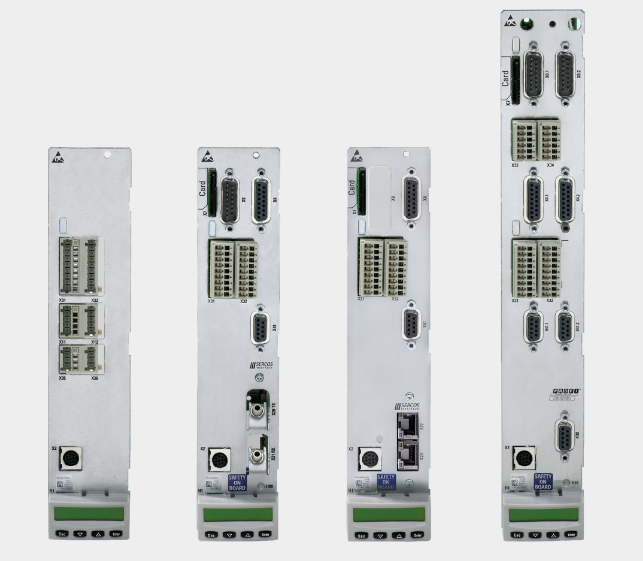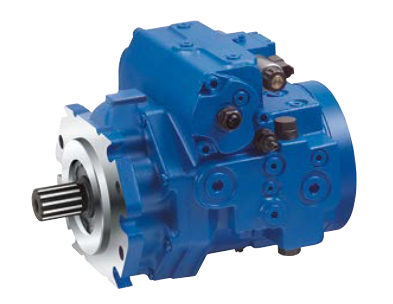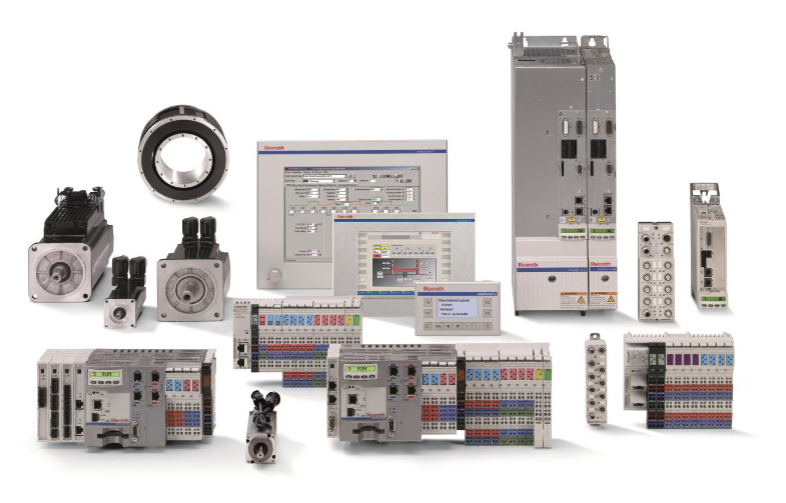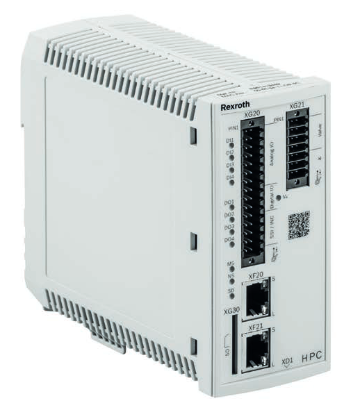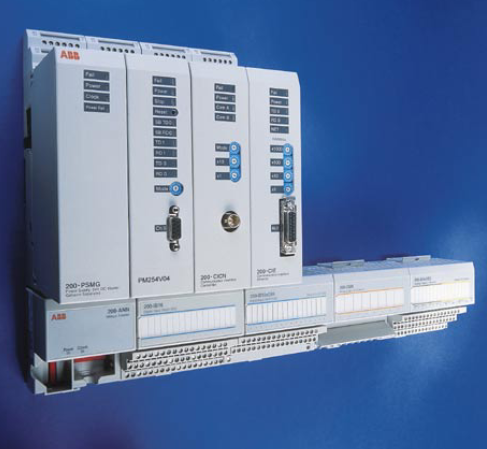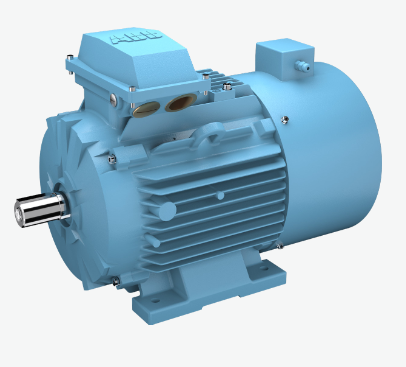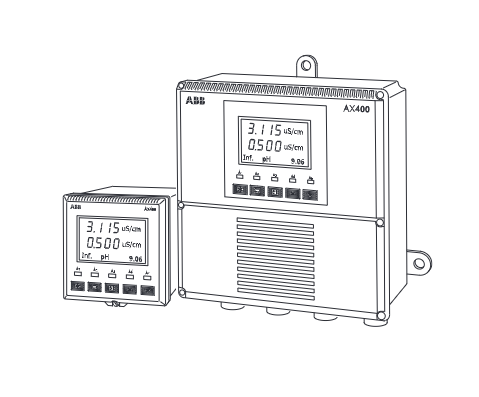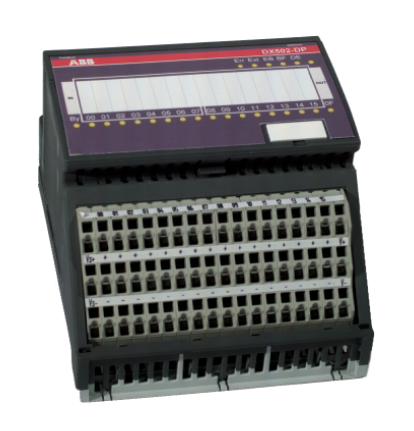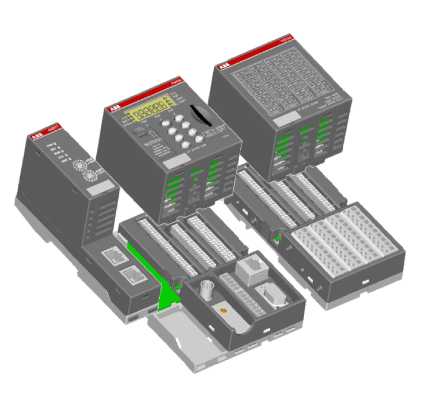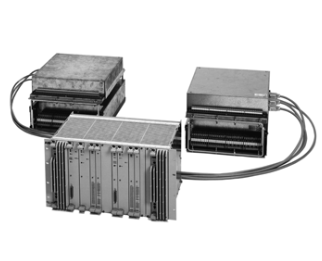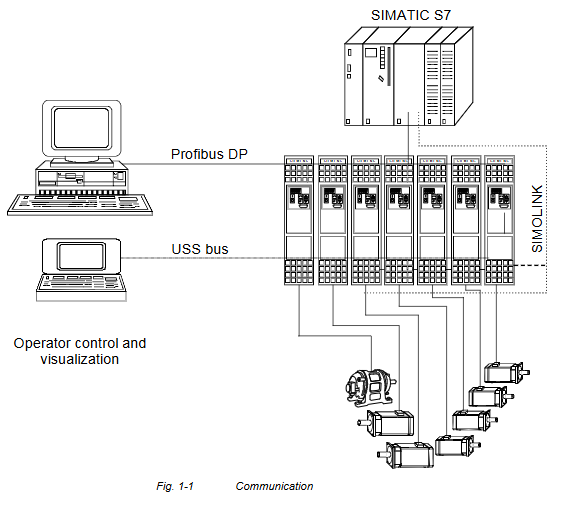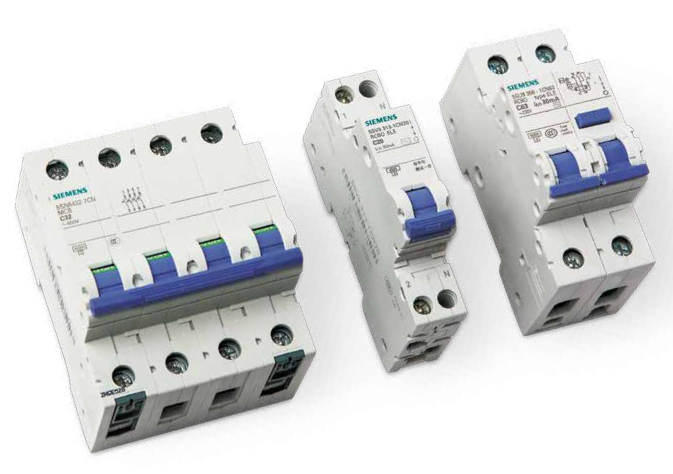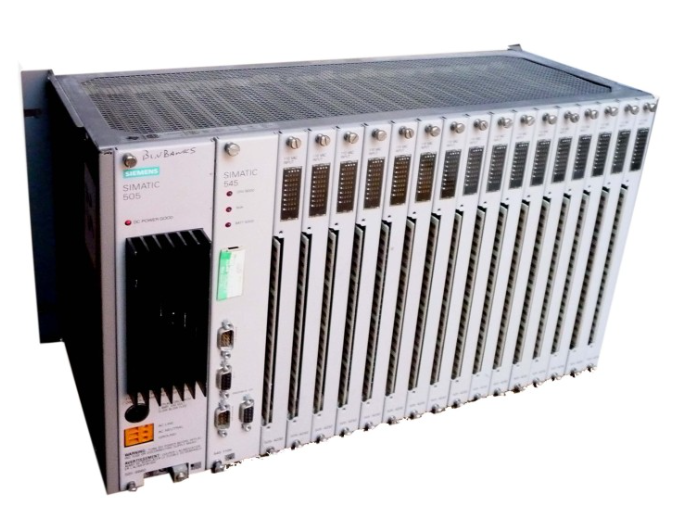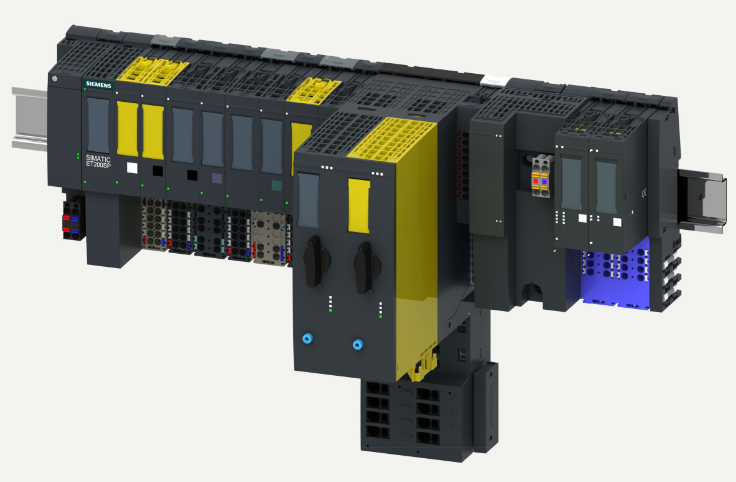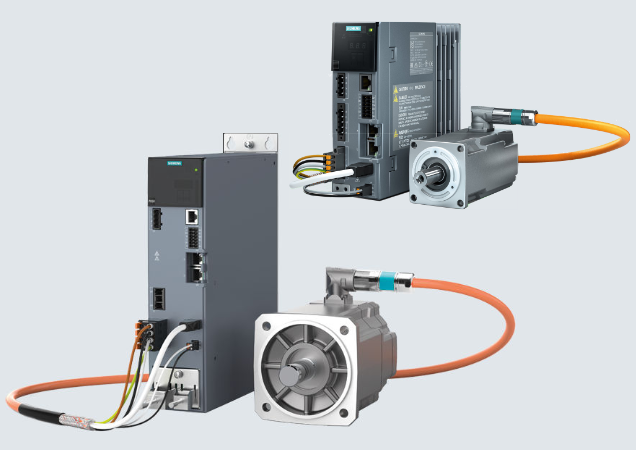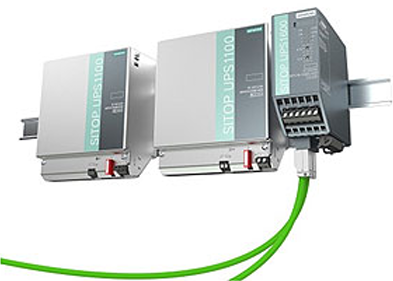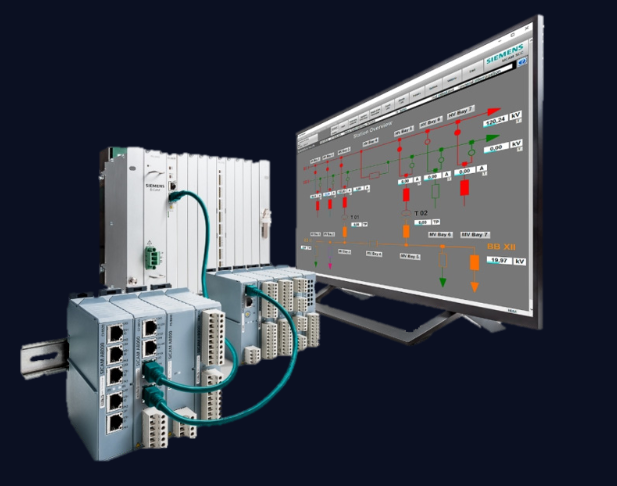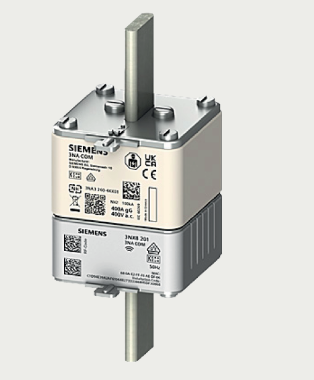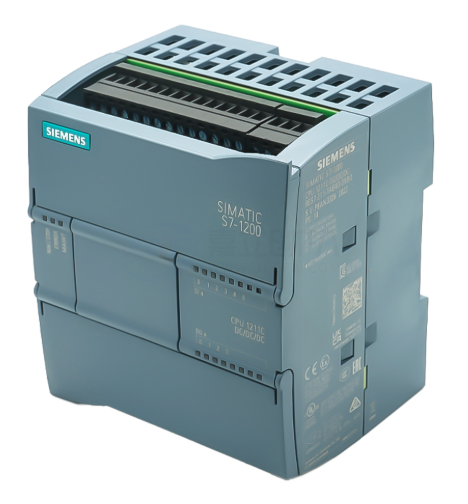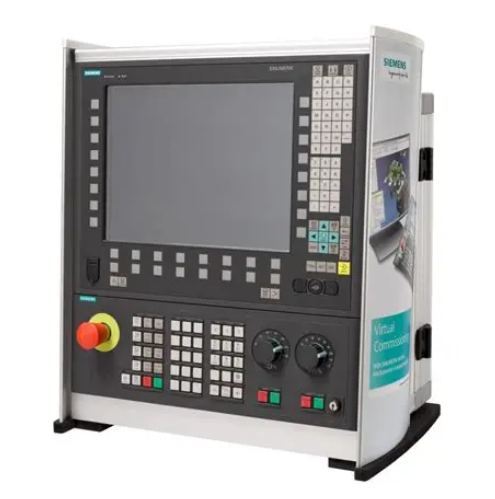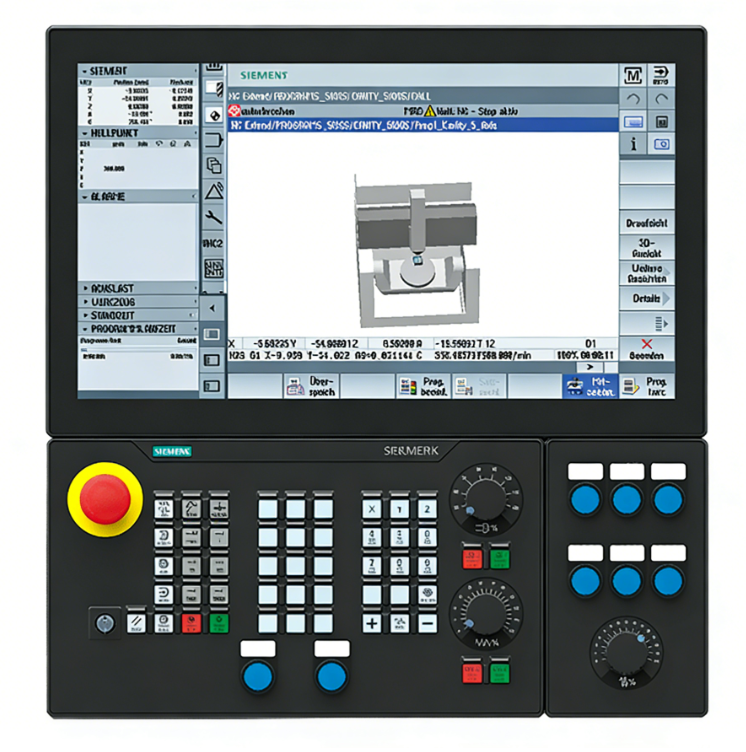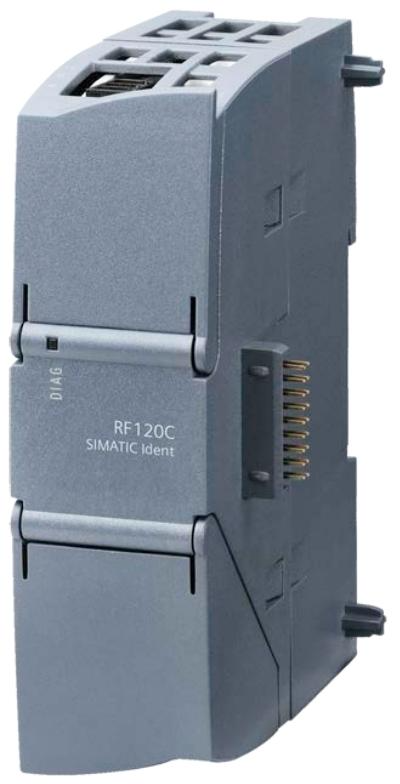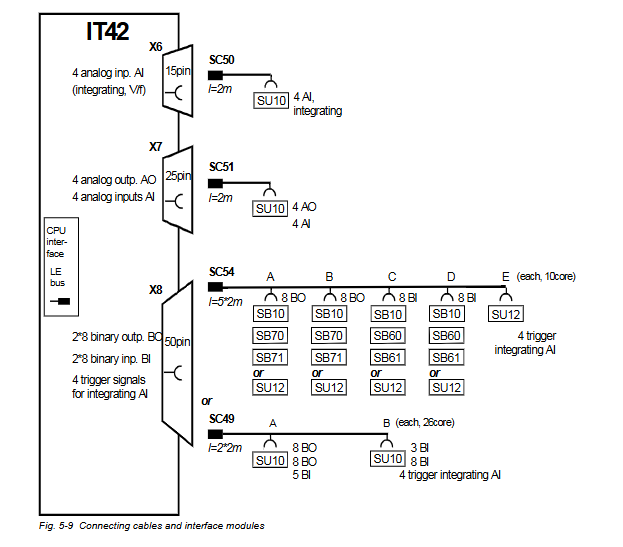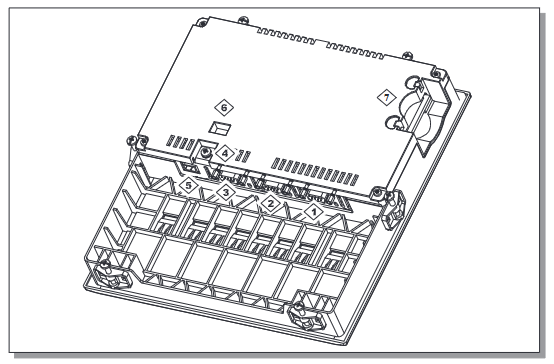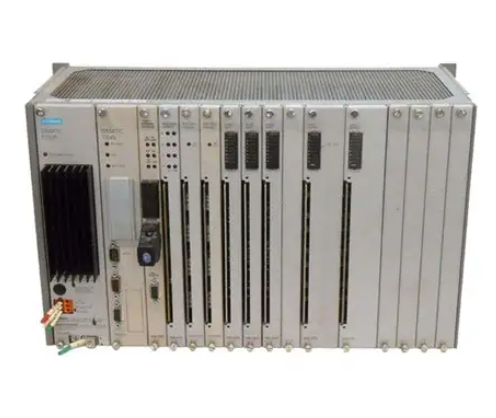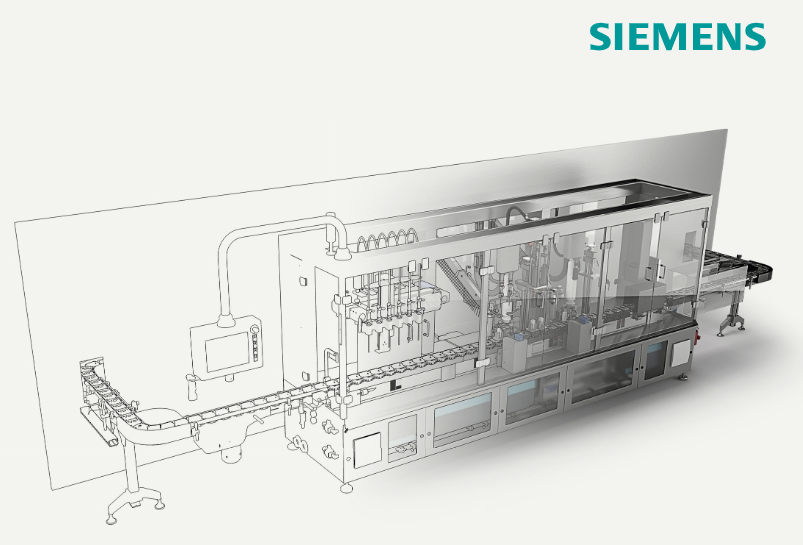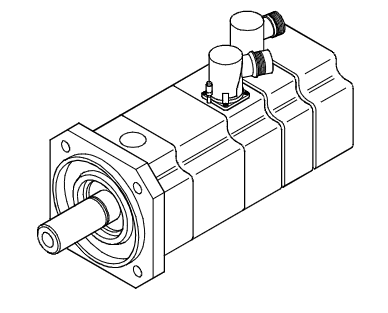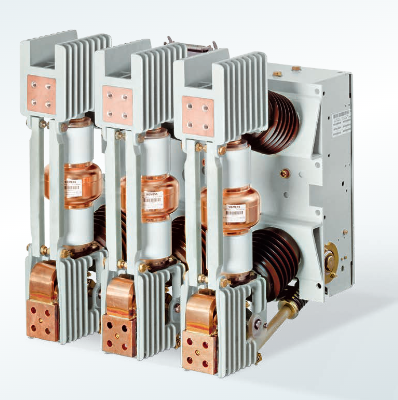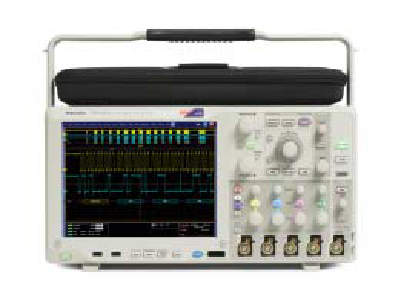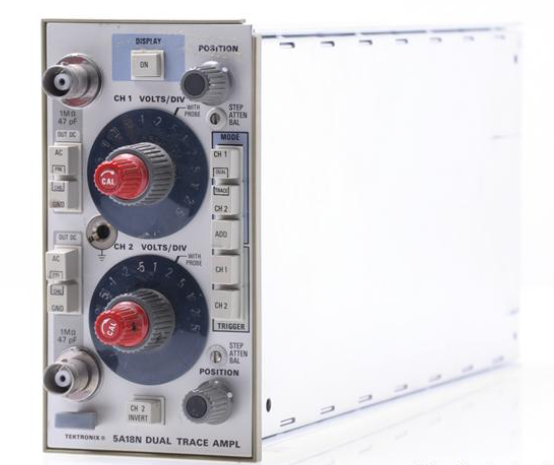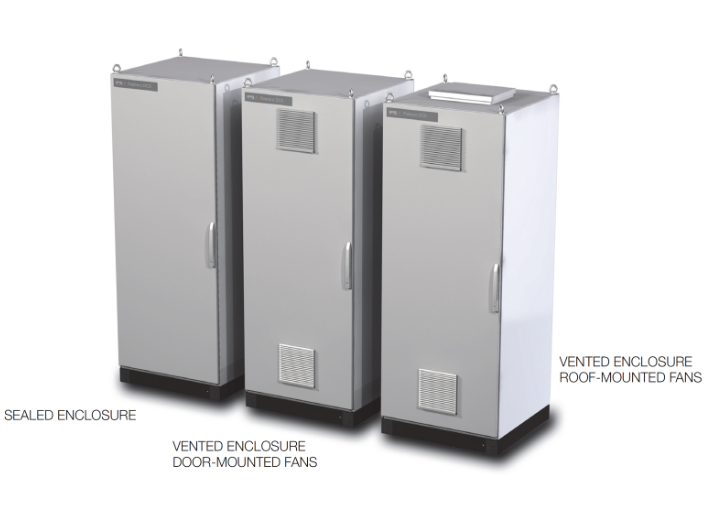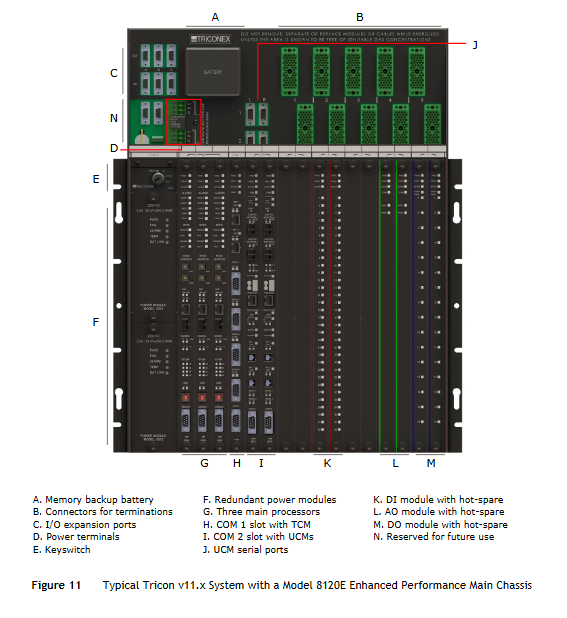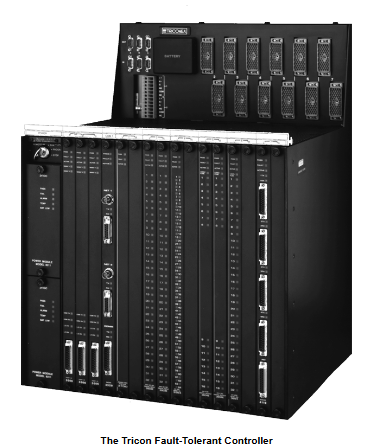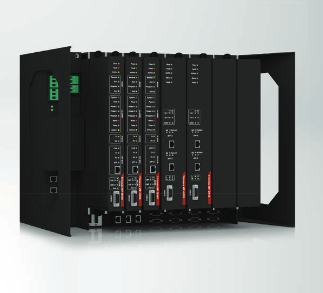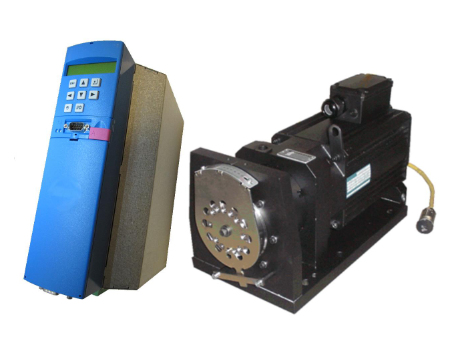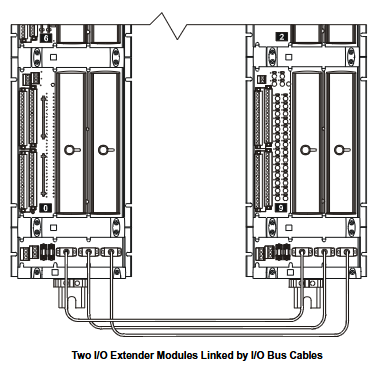

K-WANG
+086-15305925923
Service expert in industrial control field!
Product
Article
NameDescriptionContent
Adequate Inventory, Timely Service
pursuit of excellence


Ship control system
Equipment control system
Power monitoring system
Brand
Description
**ABB YK851V010: Superior Performance for Power Industry, Petrochemical, and General Automation**
ABB YK851V010 - 3BSC950262R1 Industrial Connection Cable

ABB YK851V010 - 3BSC950262R1 Industrial Connection Cable
**ABB YK851V010: Superior Performance for Power Industry, Petrochemical, and General Automation**
The ABB YK851V010 is a cutting-edge automation solution designed to meet the demanding requirements of the power industry, petrochemical sector, and general automation applications. This advanced device features a remarkable input/output capacity, ensuring seamless integration and optimal performance in a variety of industrial environments. With a robust design, the YK851V010 demonstrates exceptional durability, able to withstand the rigors of harsh operating conditions while maintaining high levels of efficiency.
### Key Technical Features of ABB YK851V010
The ABB YK851V010 boasts an impressive range of specifications that set it apart in the landscape of automation products. Its input/output capacity is engineered to handle extensive data exchange, facilitating real-time monitoring and control of processes. This model excels in performance metrics, offering high-speed data processing and low latency, which are critical in applications requiring immediate responsiveness.
Durability is another hallmark of the YK851V010. Constructed with premium materials, it ensures long-lasting operation, minimizing downtime and maintenance costs. Its design incorporates advanced thermal management systems to prevent overheating, and its resistance to environmental factors makes it suitable for deployment in both indoor and outdoor settings.
### Real-World Usage Scenarios
In the power industry, the ABB YK851V010 is invaluable for monitoring grid stability and optimizing energy distribution. Its real-time analytics capabilities enable operators to make informed decisions, enhancing the overall reliability of power systems. In petrochemical applications, the YK851V010 facilitates efficient monitoring of production processes, ensuring safety and compliance with industry regulations. Furthermore, in general automation, this model streamlines operations, reduces human error, and increases productivity, making it a versatile tool across various sectors.
### Comparative Advantages
When compared to other models in the ABB lineup, such as the ABB DC551-CS31 and ABB FS300R12KE3/AGDR-72C, the YK851V010 stands out for its superior I/O capacity and enhanced performance metrics. While the ABB Controller and ABB 3BHE005656R0001 | 3BHE005657 I/O Module offer competent automation solutions, the YK851V010 provides a more comprehensive feature set tailored for high-demand environments. Its unique combination of durability, efficiency, and real-time processing positions it as a reliable choice for industries requiring robust automation solutions.
### Complementary Models
The ABB YK851V010 works seamlessly with several related models to create a comprehensive automation ecosystem. For instance, integrating it with the ABB Conceptpower DPA Power Supply Module ensures a consistent power supply, enhancing the reliability of the entire system. Similarly, coupling it with the ABB HIEE300936R010 UFC718AE101 Main Circuit Interface Board optimizes data communication, maximizing system performance.
Other complementary products include the ABB DSQC609 for motion control, which, when paired with the YK851V010, enhances process automation. The ABB 3BSE008544R1 Power Supply Unit ensures uninterrupted power flow, while the ABB IRB7603HAC024776-001 robotic solutions can be integrated for advanced manufacturing automation. Additionally, the ABB FENA-11 EtherNet Bus Adapter facilitates network connectivity, essential for remote monitoring and control.
### Conclusion
In conclusion, the ABB YK851V010 is a standout choice among ABB automation products, offering exceptional performance in the power industry, petrochemical applications, and general automation. Its unique technical features, combined with its ability to integrate with other ABB models, make it a versatile and powerful tool for enhancing industrial operations. By choosing the ABB YK851V010, organizations can expect improved efficiency, reliability, and productivity in their automation processes.

Purchase history
| User name | Member Level | Quantity | Specification | Purchase Date |
|---|
Total 0 Record
Customer Reviews
Satisfaction :
5 Stars
No evaluation information



KONG JIANG


Add: Jimei North Road, Jimei District, Xiamen, Fujian, China
Tell:+86-15305925923




